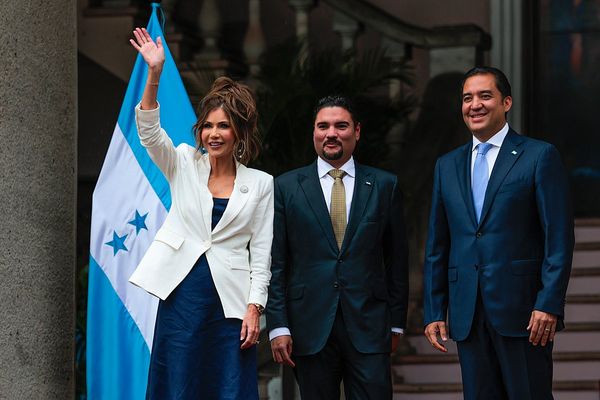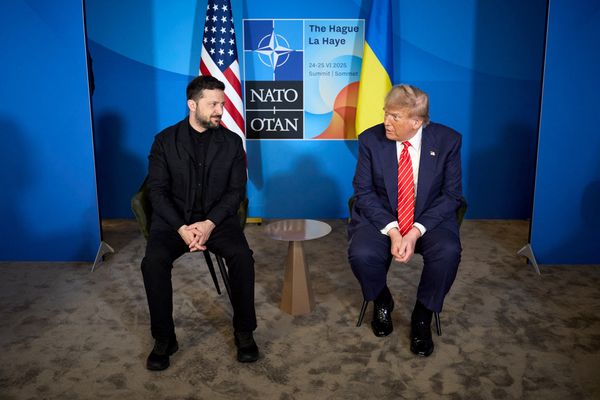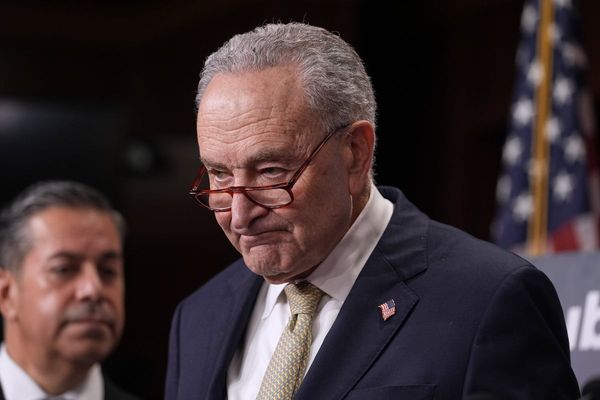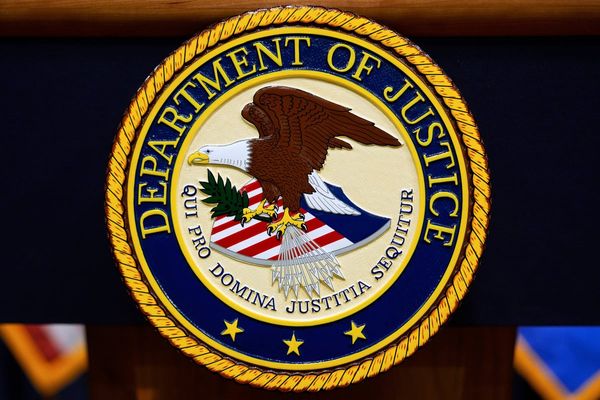
Iran reported “severe damage and destruction" to a major nuclear facility on Sunday, following a US airstrike.
Donald Trump claimed that the sites were “completely and totally obliterated”, but the extent of the damage and Iran’s long-term nuclear aims remain unclear.
Iran maintains that its nuclear program is only intended for peaceful purposes, and according to US intelligence agencies, Tehran is not actively pursuing a bomb.
Seyed Ali Mousavi, Iran’s ambassador to the UK, told the Commons Foreign Affairs Committee that Iran’s nuclear programme was “only peaceful”, insisting: “There is no desire, not any intention, to produce a nuclear bomb.”
However, in recent years, the country has been enriching uranium to 60 per cent purity, close to weapons-grade levels of 90 per cent.
Nuclear weapons can kill billions of people — either directly or through their impact on agriculture.
In 1945, when the United States used nuclear weapons against Japan, up to 210,000 people were killed.
Since the Cold War, the number of nuclear weapons that exist in the world has declined, falling from 60,000 warheads in 1986 to 20,000 in the 2010s.
But in 2024, nearly all nine countries that currently either say they have nuclear weapons or are believed to own them enlarged or upgraded their nuclear arsenals, according to Stockholm International Peace Research (SIPRI).
“The era of reductions in the number of nuclear weapons in the world, which had lasted since the end of the cold war, is coming to an end”, said Hans M. Kristensen, Associate Senior Fellow with SIPRI’s Weapons of Mass Destruction Programme and Director of the Nuclear Information Project at the Federation of American Scientists (FAS).
“Instead, we see a clear trend of growing nuclear arsenals, sharpened nuclear rhetoric and the abandonment of arms control agreements.”
Which country has the biggest nuclear stocks?
According to SIPRI’s 2025 analysis, there are nine countries that are believed to have nuclear warheads in 2025.
The institute assessed both ‘reserves’, which includes both active and inactive warheads, and ‘stockpile’, which refers to weapons.
Russia and the US together are thought to possess approximately 90 per cent of the world’s nuclear weapons.
Here’s how the nine countries believed to own nuclear weapons ranked:
North Korea
North Korea reportedly has 50 reserves and 50 nuclear stockpile.
Israel
Israel reportedly has 90 reserves and 90 nuclear stockpile.
Pakistan
Pakistan reportedly has 170 reserves and 170 nuclear stockpile.
India
India reportedly has 180 reserves and 180 nuclear stockpile.
United Kingdom
The United Kingdom reportedly has 105 reserves and 225 nuclear stockpile.
France
France reportedly has 10 reserves and 290 nuclear stockpile.
China
China reportedly has 576 reserves and 600 nuclear stockpile.
United States
United States reportedly has 1,930 reserves and 3,7000 nuclear stockpile.
Russia
Russia reportedly has 2,591 reserves and 4,309 nuclear stockpile.
Who decides who can and can’t have nuclear weapons?
In theory, anyone can develop nuclear weapons.
However, in 1970, 191 states including the US, Russia, China, France and the UK signed the Nuclear Nonproliferation Treaty (NPT), with the goal of preventing the spread and development of nuclear weapons and technology.
The treaty instructs countries that don’t have nuclear arms to not build or otherwise obtain them, and for those that do have them to work towards nuclear disarmament.
India, Pakistan and Israel have not signed the NPT. Israel has never admitted to having nuclear weapons but is widely thought to have them.
North Korea joined the NPT in 1985 but then withdrew in 2003 after what it described as U.S. aggression. It has been conducting nuclear tests since then.
Meanwhile, other countries have decided to abandon their nuclear weapons in recent decades, such as South Africa.







